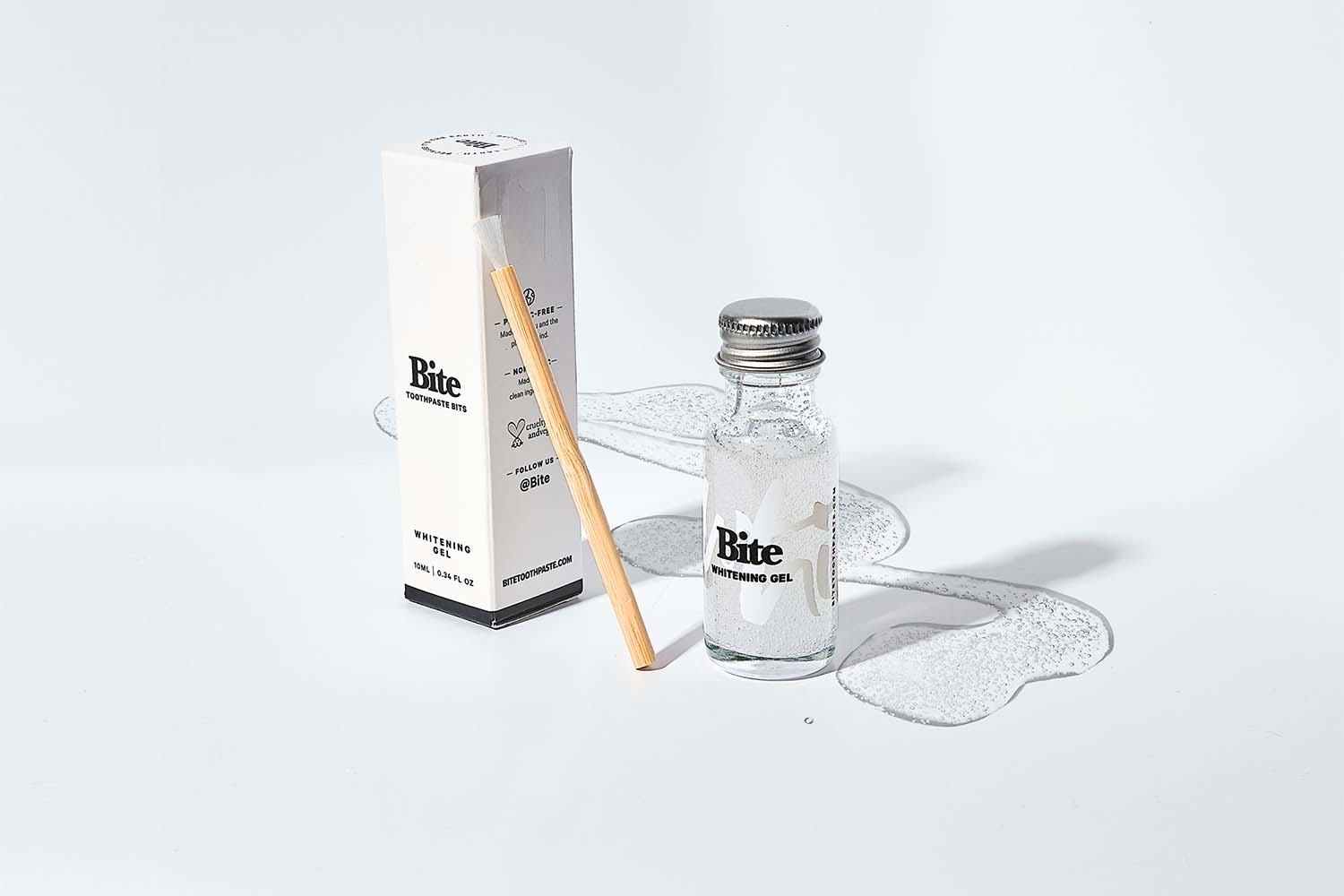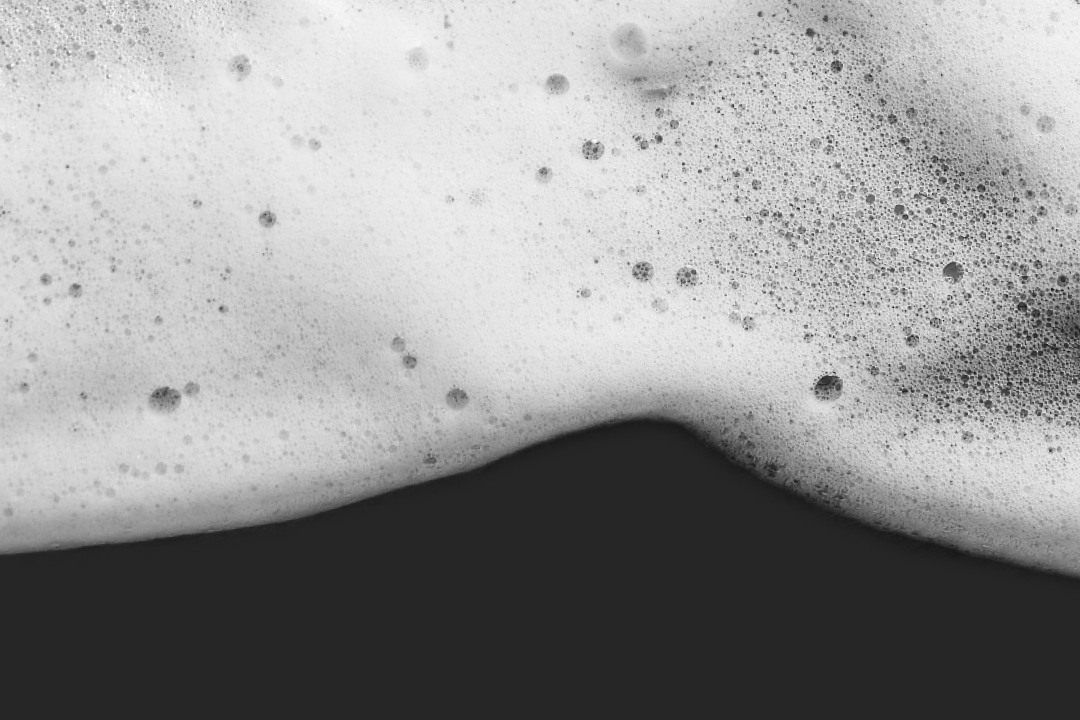How Long Does It Take for Plastic To Biodegrade?
As you may know, soda bottles, grocery bags, drinking straws, and even utensils are all made with plastic, (usually) sturdy (but synthetic) material. While we use plastic products every single day, they can have a much longer-lasting effect than we might realize.
Biodegradation is the breakdown of organic matter by microorganisms like bacteria or fungi. It’s a natural process, and that means that substances typically need to be natural in order for them to be broken down. And since plastic is definitely not natural, it can take quite a while for the chemicals in plastic products to be fully removed from our ecosystems.
But how long does it actually take? A few months? Maybe a couple of years?
Whatever your best guess is, you might still find yourself surprised at how long plastic takes to biodegrade. Let’s take a look at its life cycle to understand the importance of sustainability.
Is Plastic Biodegradable?
While it depends on the type of plastic, pretty much all of them do not biodegrade.
And if they do, it happens at an extremely slow rate (like extremelyyyyyy).
This is because plastic is a synthetic material, and microorganisms only feed off of natural, organic matter.
The good news is that a novel enzyme has recently been discovered that might be able to break down plastics. While it will only exist inside industrial facilities at the moment, it is still a step in the right direction to cut back on plastic waste.
How Long Does Plastic Take To Decompose?
While plastic items are often not biodegradable materials, they can still decompose over time.
Decomposition is the process in which materials are reduced to compost. The main difference is that materials can decompose due to weather or natural wear and tear rather than needing to be broken down by organisms.
With that said, the process is not short or quick by any means. Here’s how long it takes for some common plastic products to decompose.
Plastic Bags
Plastic grocery bags are on the shorter end of the spectrum and take 20 years to decompose.
But it’s not the amount of time it takes plastic bags to decompose that makes them so detrimental to wildlife — when plastic bags break down, they fall apart into smaller and smaller pieces. These tiny pieces are then often consumed by animals in the oceans or landfills and can cause injury or harm.
Plastic Forks and Knives
An outdoor barbeque might feel incomplete without some plastic utensils or plates to load up with veggie burgers and fries. However, if these aren’t properly recycled, they can last in landfills for up to 200 years.
And that’s just a lowball estimate — because plastic hasn’t even been around long enough for us to know for sure how long it takes to decompose. We know it’s frightening, but there is power in learning the facts.
Plastic Containers
Depending on the type of plastic, it can take between 200 and 450 years for plastic containers to decompose. That’s why we here at Bite pack our Toothpaste Bites in glass containers instead of plastic.
However, if you order takeout and it comes in a plastic container, put it to good use! You can reuse plastic containers for meal prep or as storage to cut back on waste. Just be careful about the number of times you reuse it — plastic can, eventually, start to leech chemicals into foods or drinks.
Plastic Straws
You’ve probably seen the videos of plastic straws wreaking havoc on turtle and marine populations. And since these small but mighty items can last for up to 200 years, it’s clear how important it is to start making some changes.
How about using a paper straw instead? Or, just ditch them altogether and go for the old-fashioned sipping technique. The choice is yours.
Plastic Bottles
Plastic bottles can last in the environment for 450 years. On top of that, the energy required to produce and transport them could fuel an estimated 1.5 million cars. That’s a lot of carbon and fossil fuels that are contributing to global warming and other climate crises.
Opt for a reusable water bottle, or refill a plastic water bottle a few times before recycling. If the demand for plastic decreases, so too will the supply and environmental footprint.
Plastic Toothbrushes
We need to brush our teeth, but we can’t brush off the fact that plastic toothbrushes can take up to 500 years (or more) to decompose.
In fact, there is not a single toothbrush on planet Earth that has fully decomposed, so we don’t even know for sure how long it would actually take.
The good news is that we can all make simple changes that have positive effects. Brush your way to a healthier smile and happier earth with our Bamboo Toothbrush. It’s got soft bristles, it comes in biodegradable packaging, and you can even compost it at home when you need to replace it. What’s not to smile about?
And don’t worry – bamboo is an invasive species that needs to be maintained. Otherwise, it can overrun entire forests. So your favorite pandas won’t be affected by our toothbrush.
How Does Plastic Impact the Environment?
Plastic in landfills and oceans definitely looks like an eyesore, but that’s not the main reason why it’s such a problem. The main reason that plastic has such a devastating impact is that these materials often contain chemicals that can lead to harmful chemical emissions in the surrounding ecosystem.
As plastic breaks down, it releases chemicals into the soil, which can seep into groundwater and other water sources. This can be poisonous for marine life and wildlife who rely on freshwater sources, but it can also have an effect on clean drinking water sources for humans.
Why Does Plastic Take So Long To Break Down?
The reason for the slow degradation process of plastic is actually a little bit more simple than you might think. Microorganisms will only break down natural, organic matter. Since plastic is a synthetic material, these same organisms are physically unable to make it decompose.
Can Plastic Be Recycled?
Recycling plastics is one of the most important things you can do to stop plastic waste.
The issue with recycling is that it often costs more than it does to just throw it away outright. Since the time and effort it takes to sort through recycled materials is more than it might be worth, it’s important for us all to look for alternatives when we can.
Reusing plastics, repurposing plastic, or finding alternatives to plastic has a more prominent impact. That’s not to say we shouldn’t recycle all of our single-use plastic. It just means that any time we have the option of finding alternatives to plastic items, it is beneficial to go for it.
What Can We Do To Slow Plastic Pollution?
There are a few simple things we can try in our day-to-day lives to help cut back on plastic waste and pollution.
Avoid Single-Use Plastics
Single-use plastics like water bottles, plastic bags, or deodorant containers can last in the environment for hundreds of years.
However, you can easily use alternatives to cut back on plastic waste. Reusable water bottles and bags are easily accessible and often much better quality than our conventional plastic options.
Here at Bite, we prioritize efforts to reduce plastic pollution. Our Refillable Deodorant comes in metal canisters to help you breathe a breath of fresh air, both literally and figuratively. When you run out, simply order a refill in compostable packaging and slide it into your metal container.
Recycle
Recycling is the process of collecting and processing materials that would have otherwise been thrown away and turning them into something new. Recycling plastics is important, but it’s estimated that only 8.7% of plastics are actually recycled.
It’s important that we do our part to skyrocket this number, as higher recycling rates will only work to diminish the amount of plastic in our environment.
Choose Reusable Bags
When you use reusable bags instead of getting plastic bags at the store, you’re doing good for many reasons. For one, you’re cutting back on plastic waste. But on top of that, reusable bags are often a lot larger than plastic bags, so you’re saving yourself and the cashier lots of time and effort when it comes to bagging up your goods.
Practice Conscious Consumerism
Conscious consumerism is shopping in a way that makes a positive social, environmental, or economic impact. In the case of helping the environment, purchasing from secondhand shops or thrift stores is a great way to go because the resources and energy needed to create those goods have already been used. This way, you’re sort of just circulating the same items without harm.
You can also practice this by being more mindful of what you’re buying in stores. Try to swap tofu out for chicken, or bring reusable produce bags rather than using the ones in the store. It’s all about making small changes to make a big impact.
The Bottom Line
Plastic is one of the most commonly used items in consumerism, mostly because it’s cheap and easy to make. However, the effects that it has on the environment aren’t too cheap or easy to reverse.
It can take anywhere from 20 to 500 years for plastic to fully decompose in the environment, which means that it spends most of this time in landfills and oceans. This can cause damage to local wildlife in numerous ways, and it can even affect our clean drinking water supply.
While recycling and reusing plastics are undoubtedly effective, the best thing you can do is eliminate plastics in your life altogether.
And that’s what we aim to do. Join us and millions of others on our journey to reduce plastic waste. Every little bit counts.
Sources:
Plastic-eating Enzyme Could Eliminate Billions of Tons of Landfill Waste | UT News
The lifecycle of plastics | WWF-Australia
Plastic planet: How tiny plastic particles are polluting our soil | UNEP
How Big Oil Misled The Public Into Believing Plastic Would Be Recycled | NPR


